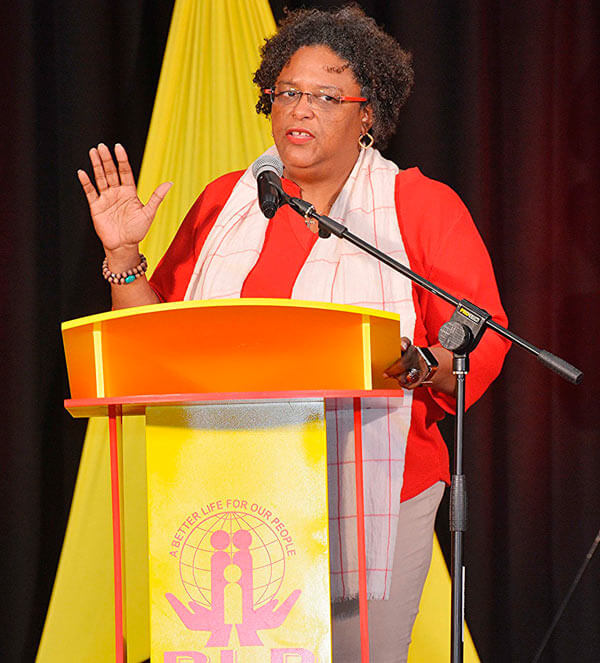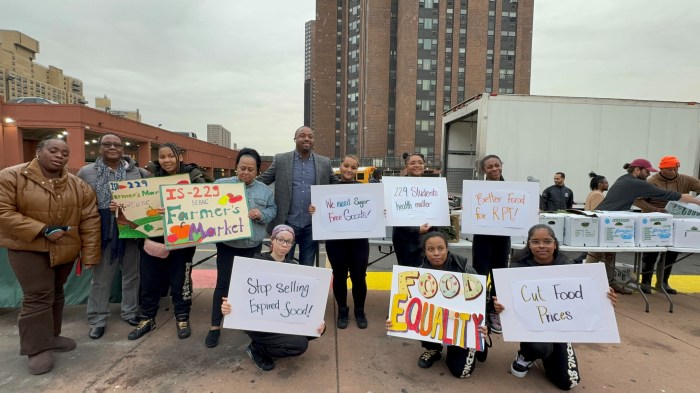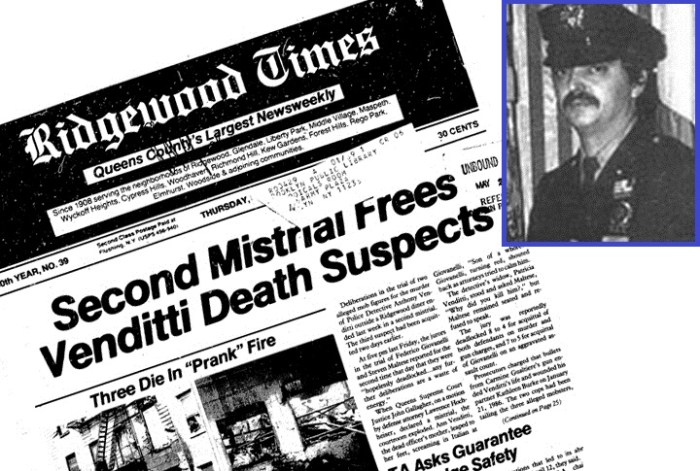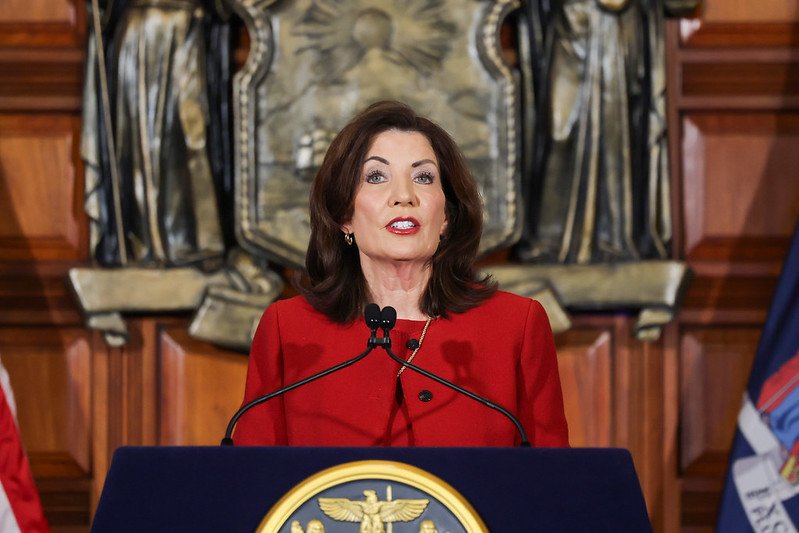As the government of Jamaica declare a 12-day period of mourning for Queen Elizabeth II, current and former citizens of the British Empire are conflicted about the reign of the 96-year-old monarch who died on Sept. 8, 2022.
On the Caribbean island, the traditional national honor to individuals of high esteem will comport the practice of flying the flag at half-mast on public buildings from 8 a.m. to sundown and will be hoisted and lowered daily.
Protocols on deportment for public officials include wearing “modest attire in somber colors.”
Uniformed officers — Red Cross, Scouts, Cadets, Girl Guides etc — must wear black crepe or cloth armbands on left sleeves.
In addition, a mandate currently in effect dictates that there should be curtailment or postponement of public and social events — “especially those deemed celebratory or that might be excessively noisy.”
While Governor General Patrick Allen and Prime Minister Andrew Holness are slated to represent the island on the Sept. 19 funeral at Westminster Abbey in London, England, all public officials are restricted to limited travel.
The government’s official dictate was met with derision from various sectors of the society.
“It’s not the queen that we resent, it is the empire that she represents,” Charley Simpson said from Kington. “She ruled over an evil empire and we are being hypocritical to ignore that.”
Allegedly only 27 per cent of the Jamaican population want to retain the monarchy.
Over the past decade, supporters of the monarchy have declined by a third. And while there are monarchists who advocate for continued alliance with Buckingham Palace, the call for a Republic was amplified last year when on the visit of Prince William — the current heir to the throne — the PM made assurances that Jamaica will “move on” with plans of becoming a Republic.
It’s a position already adopted by Barbados last year and one PM Gaston Browne of Antigua & Barbuda committed to pursuing with a referendum from voters.
Rastafarians have long demanded an apology and reparations for the atrocities from slavery. Sunday when the body of the queen of England was transported from Balmoral Castle to Edinburgh, Scotland to lie in state, MSNBC-TV interviewed Mutabaruka, a talk show host and poet.
The avowed Rastaman was asked about his emotions surrounding the demise of the long serving monarch.
“I don’t feel no way because the only king I know is Emperor Haile Selassie I and in any case she (Elizabeth Regina) owe us (Jamaicans) an apology and reparations.”
His comments coincide with those of an entire generation of skilled Jamaicans who volunteered to help rebuild Britain following the ravages caused by World War II. Identified by association with a ship named the HMT Windrush, survivors and their descendants continue to demand reparations.
The departed sovereign visited Jamaica six times, every decade since her coronation in 1953. On other royal visits she was represented by her sister Princess Margaret, daughter Anne, the Princess Royal, grandsons Prince William and Harry, and then heir-apparent and son Prince Charles.
There are those who hail Queen Elizabeth II for the patronage she displayed throughout her 70-year reign.
Revered and admired since her coronation in 1953 and visit that same year, some are even more enamored by the grace she showed throughout the island’s 60 years of self-rule.
The Daily Gleaner, the oldest newspaper on the island said in an editorial commentary —“While we celebrate these things about the Queen and hold her in personal high esteem, and can perhaps look back with fondness at some of her engagements with Jamaica, we remain clear about the irrelevance of the institution of monarchy for our country. And worse, that version of it where Jamaica outsourced to a foreign person, who is neither kith nor kin, and whose historic antecedents make for an improbable or incompatible symbol of the island’s sovereignty and aspirations.”
In a recent poll conducted by the national newspaper, the question — Should Jamaica sever ties with Britain, results reconfirm that approximately six of 10 Jamaicans firmly support a constitutional change.
Since announcement of the transition of the matriarch at Balmoral Castle in Scotland, throughout the commonwealth realm of 56 territories and 14 nations, sadness rivals rebuke.
“I wonder how people in the Republic of Ireland are feeling now,” Habte Selassie, a Jamaican who resides here contemplated.
The WBAI-FM radio producer whose two sisters reside in Australia and New Zealand pondered the reaction of citizens whose country is divided by religion, allegiance to the crown and pervasive civil strife.
“She pillaged jewels from India and Africa,” Marcia Tracey said. “let’s not ever forget that. Those diamonds remain in the tiaras she wore. They were stolen from Africa.”
And more than a few expressed remorse that when apartheid wreaked havoc in South Africa, ER distanced herself from discussing the racist practice.
Canadian Paul Smith, has not forgotten those turbulent times. He recalled the many occasions he thought the queen should have interceded or at least condemned injustice against Blacks living in the southernmost nation of Africa.
On Caribbean radio on Saturday, much was made of the royal who outlived every other ruler.
Commentary on how she elevated the status of Camilla Parker-Bowles from “home wrecker” to Queens consort and that reportedly on her death-bed named her son Prince Charles, successor to the throne despite the fact he was previously declared ineligible by divorcing his wife, Lady Diana.
According to rumors, the queen also specified King Charles III’s reign should be no longer than seven years after which his son William, the Prince of Wales should reign supreme.
“Clearly reparations was not a priority, nor was anything other than her heritage,” a CARICOM member said.
Catch You On The Inside!






















